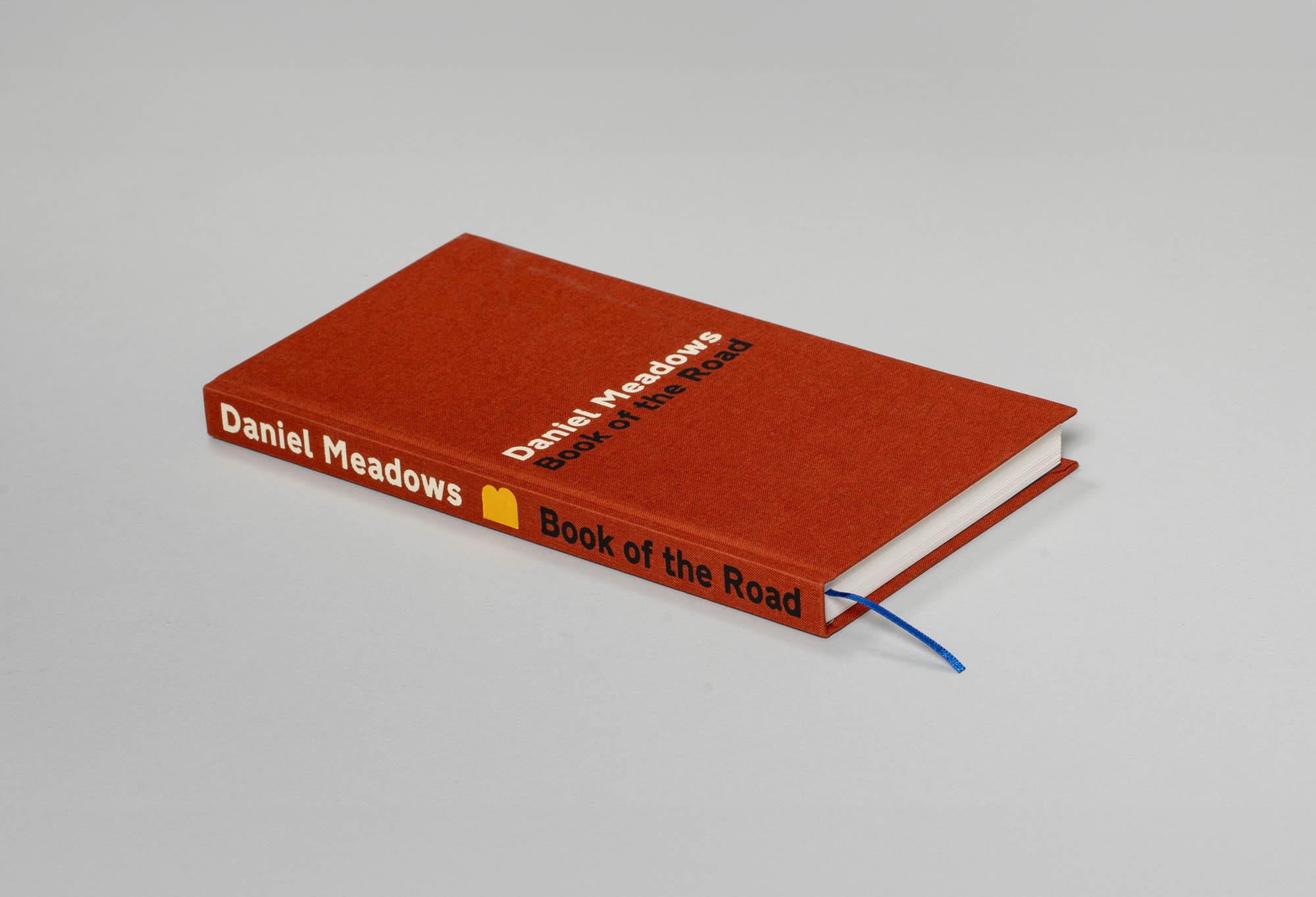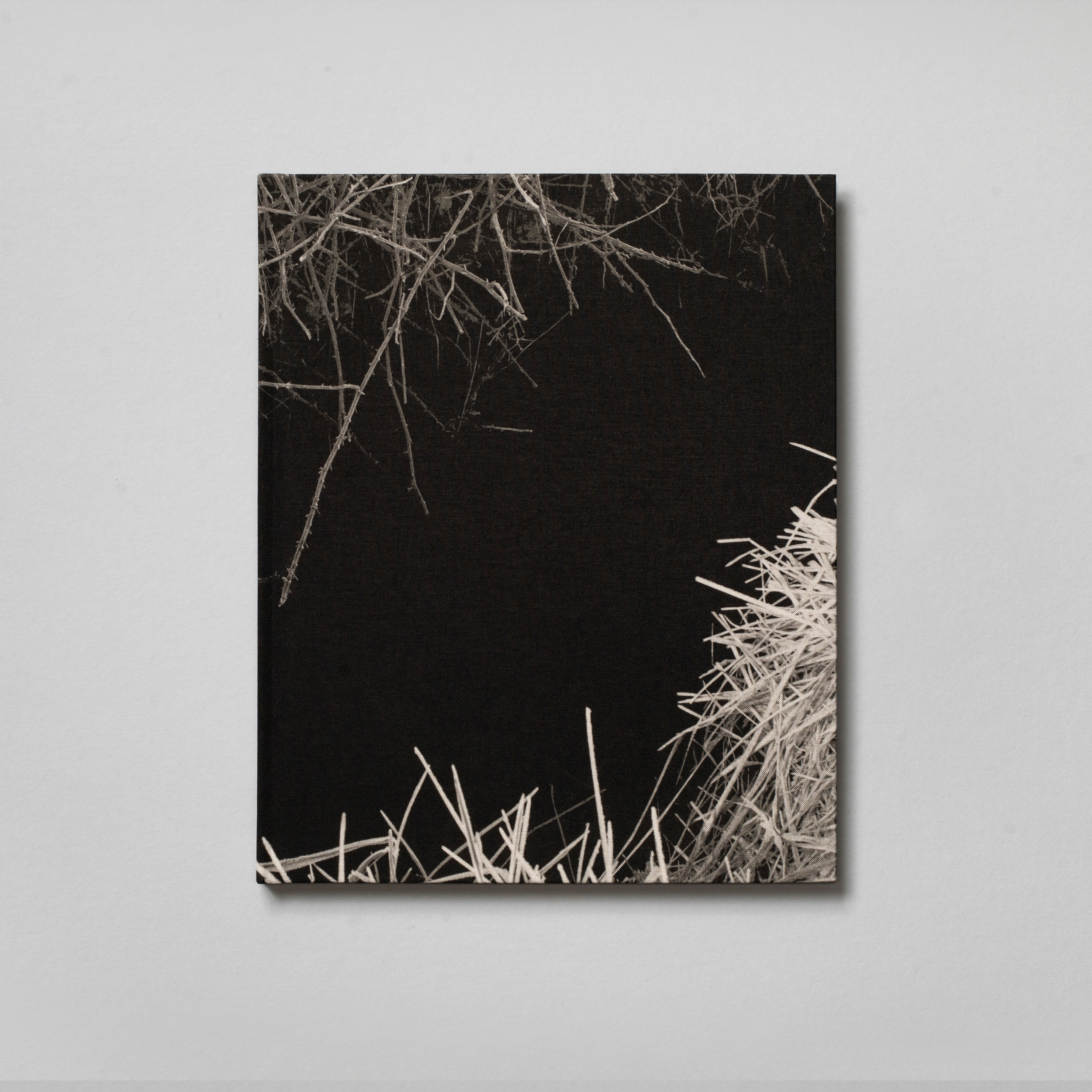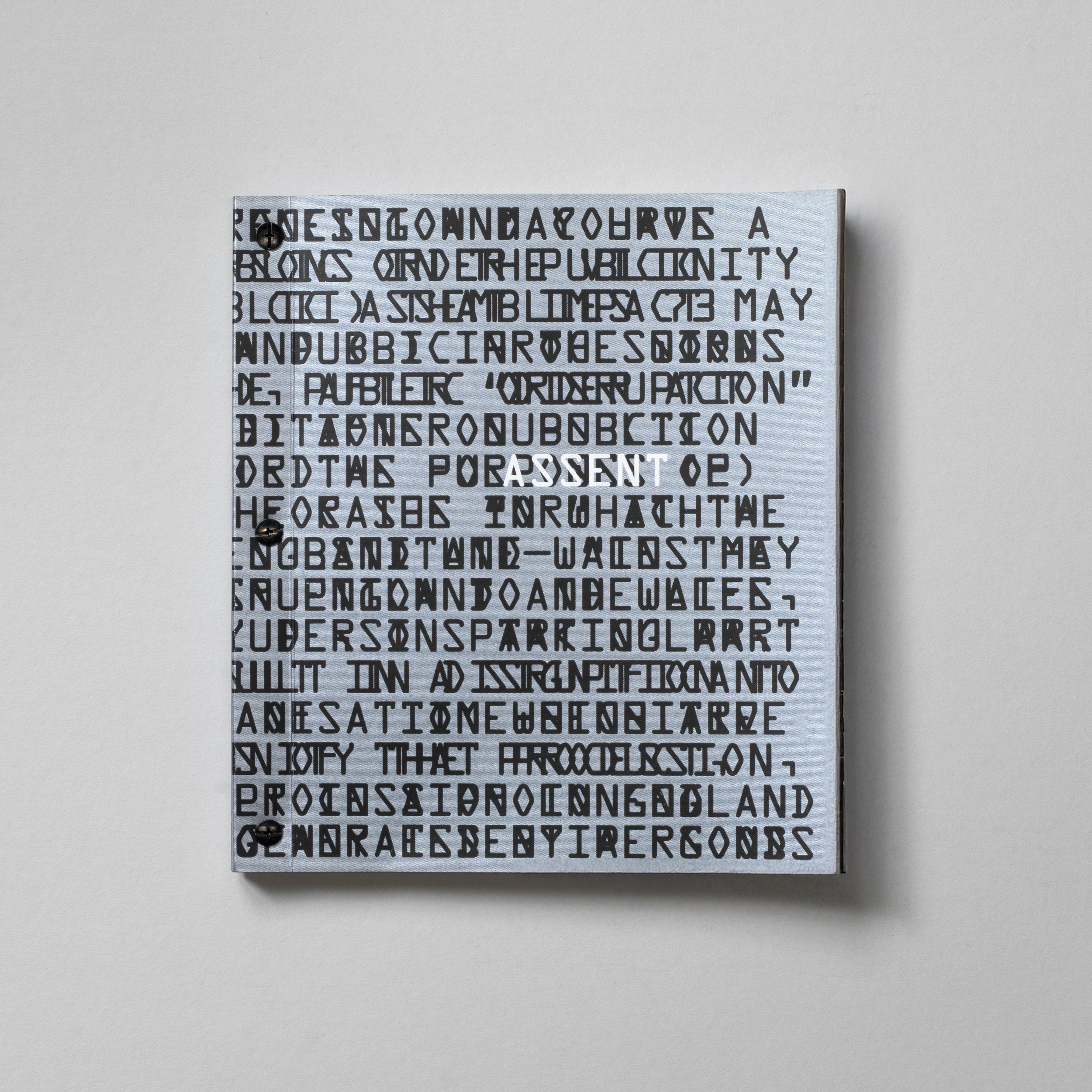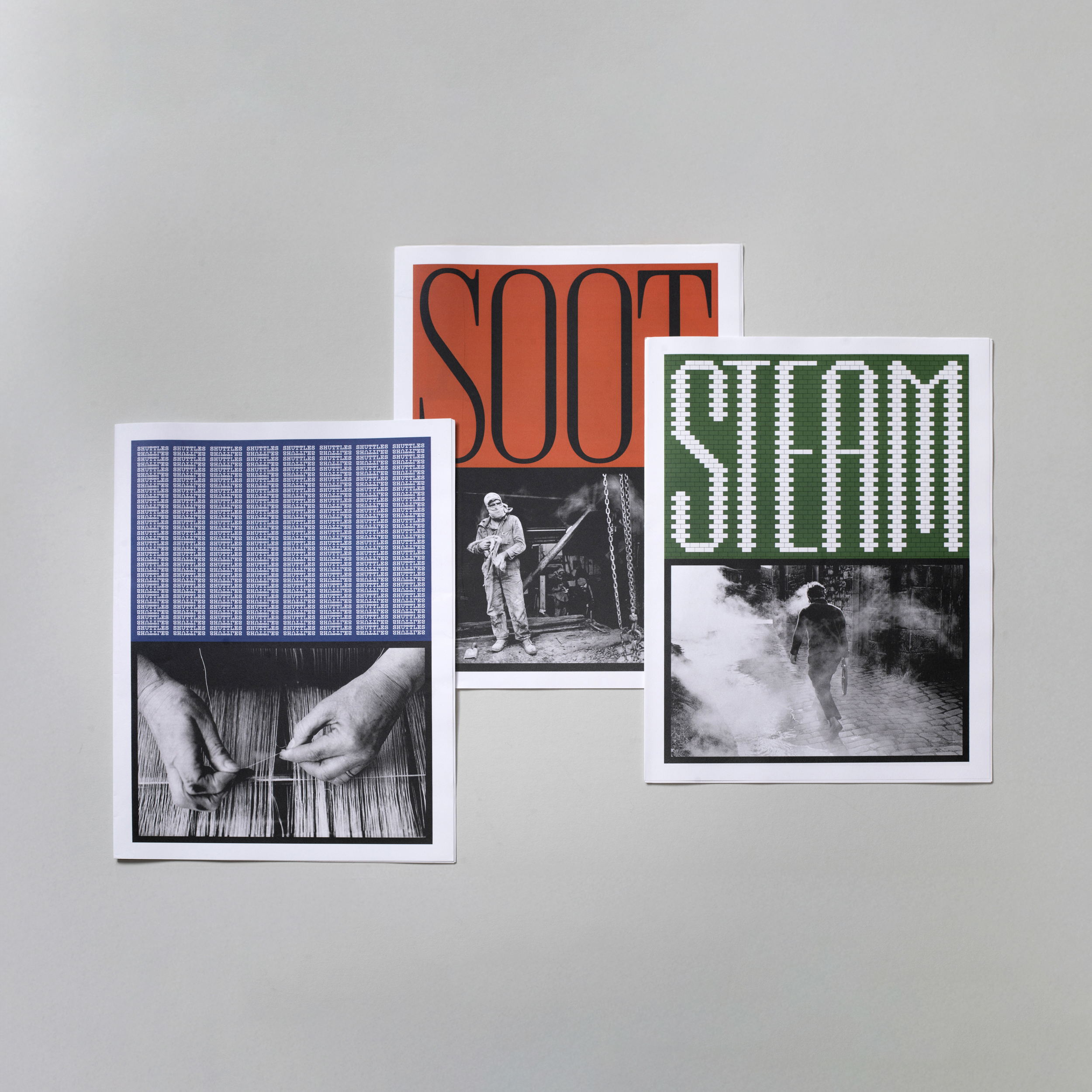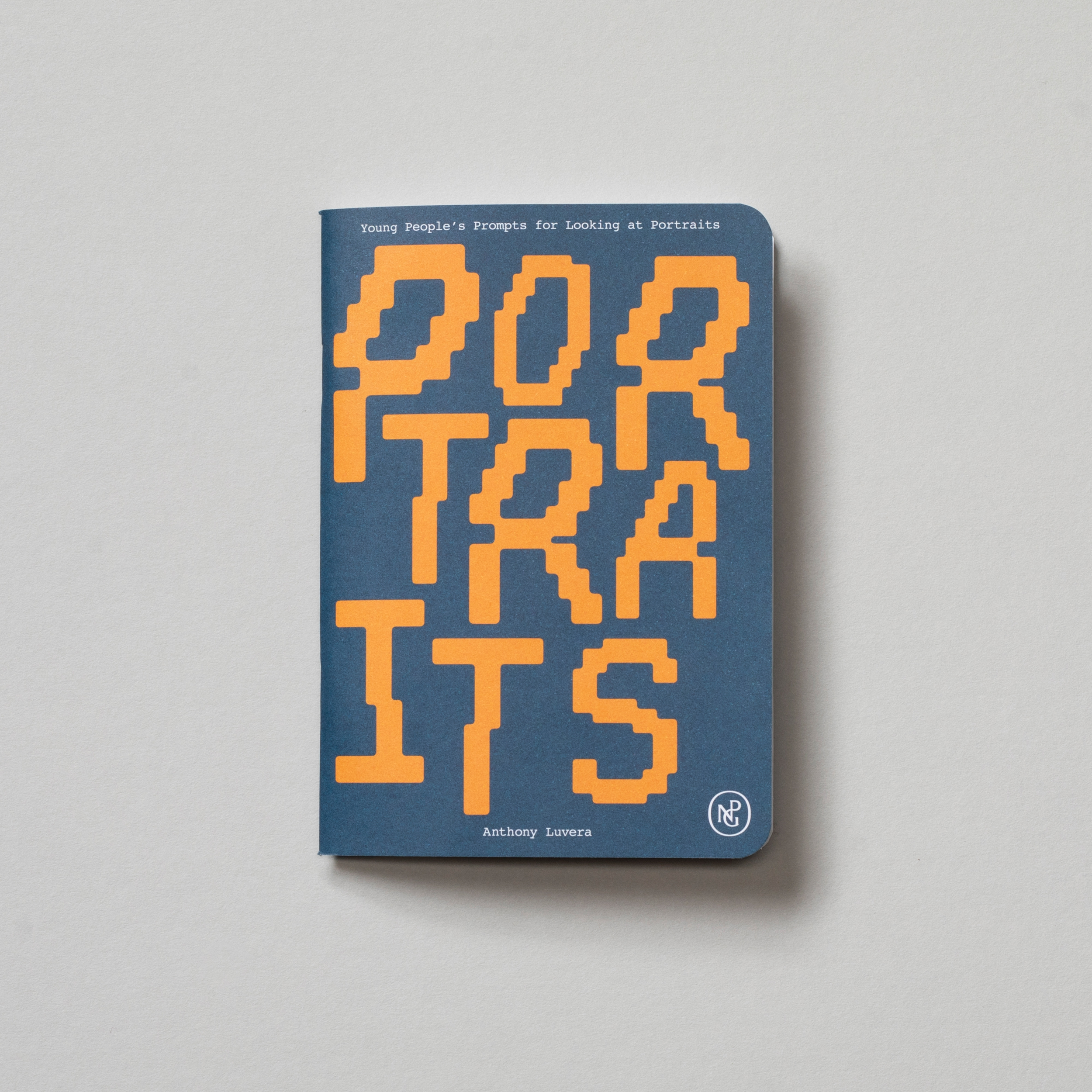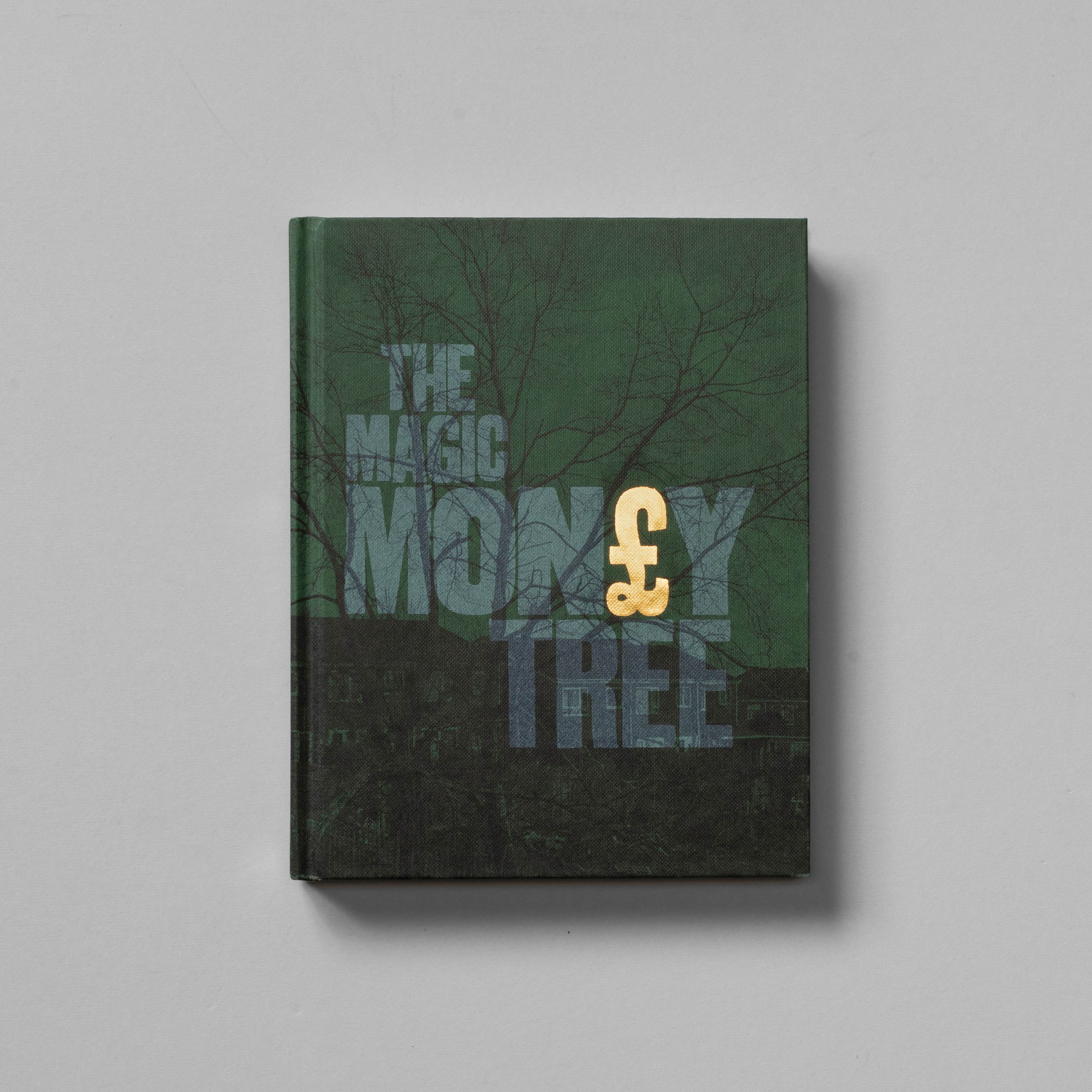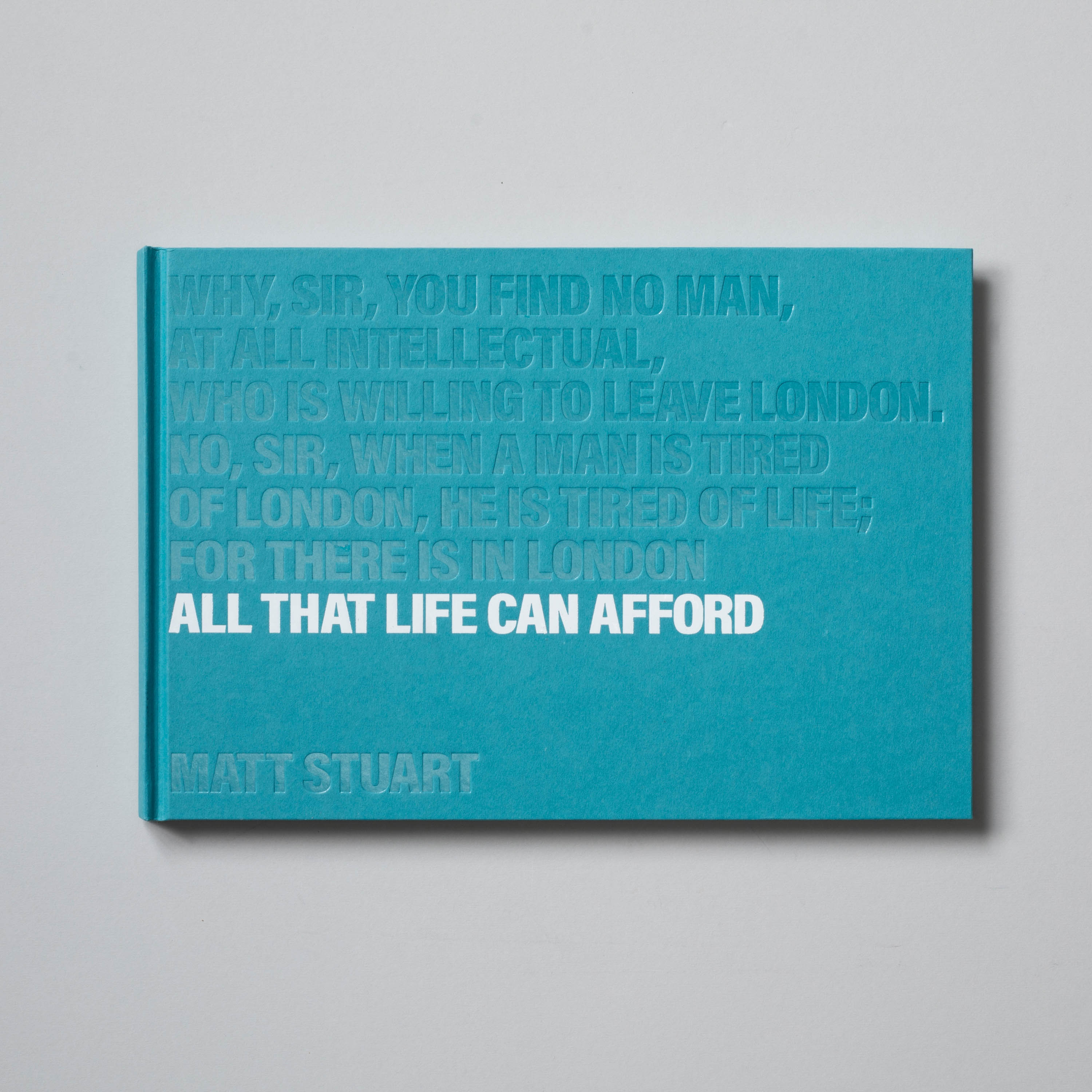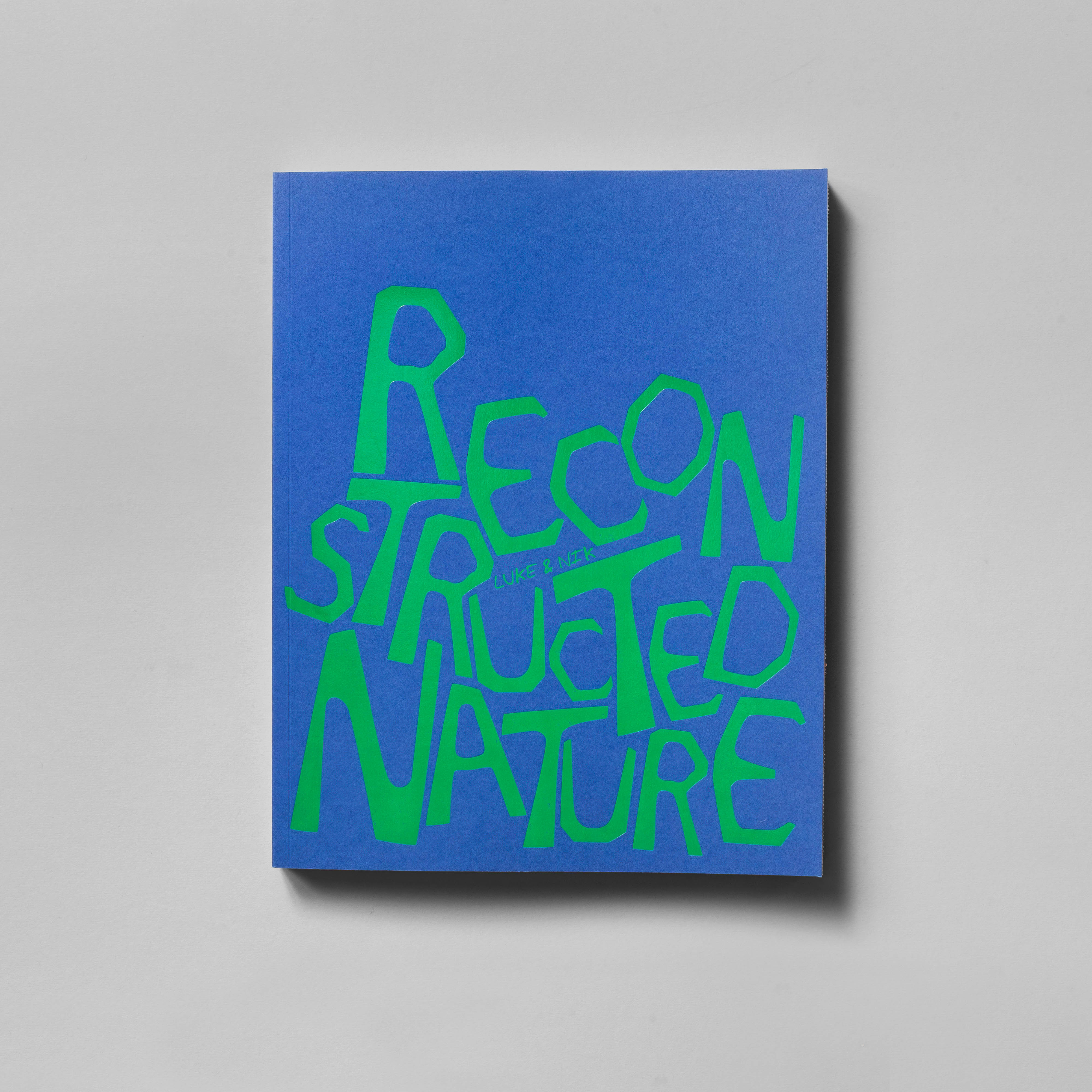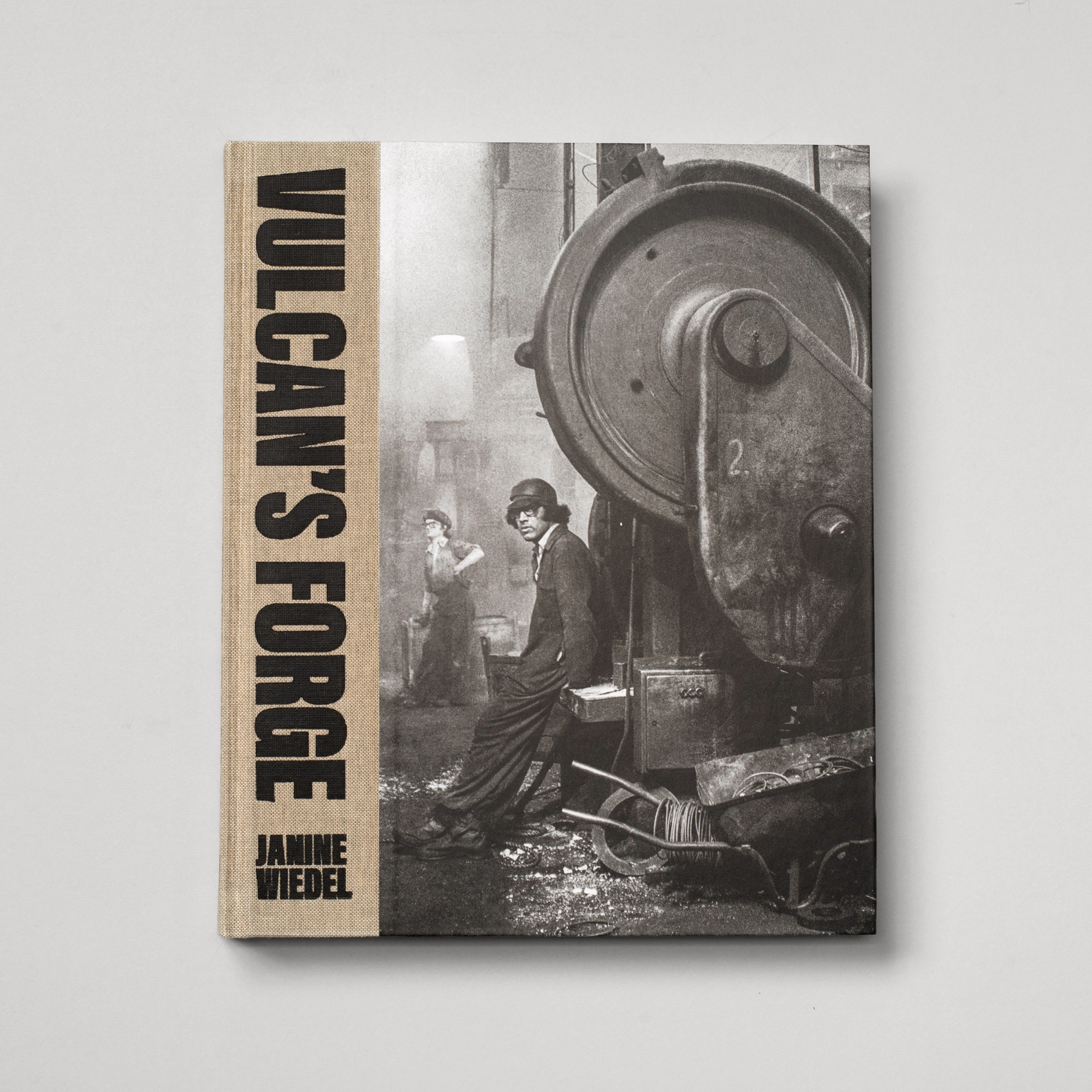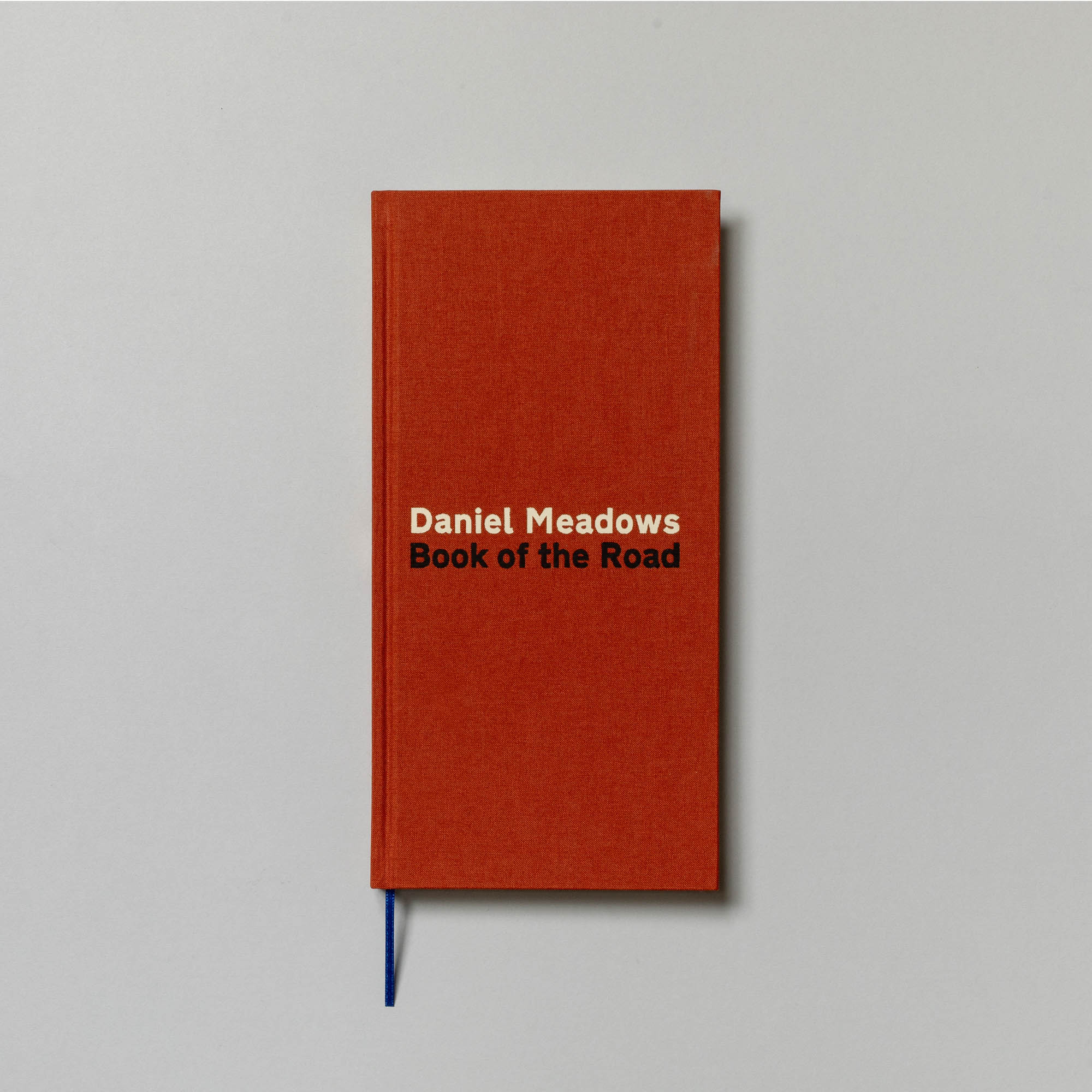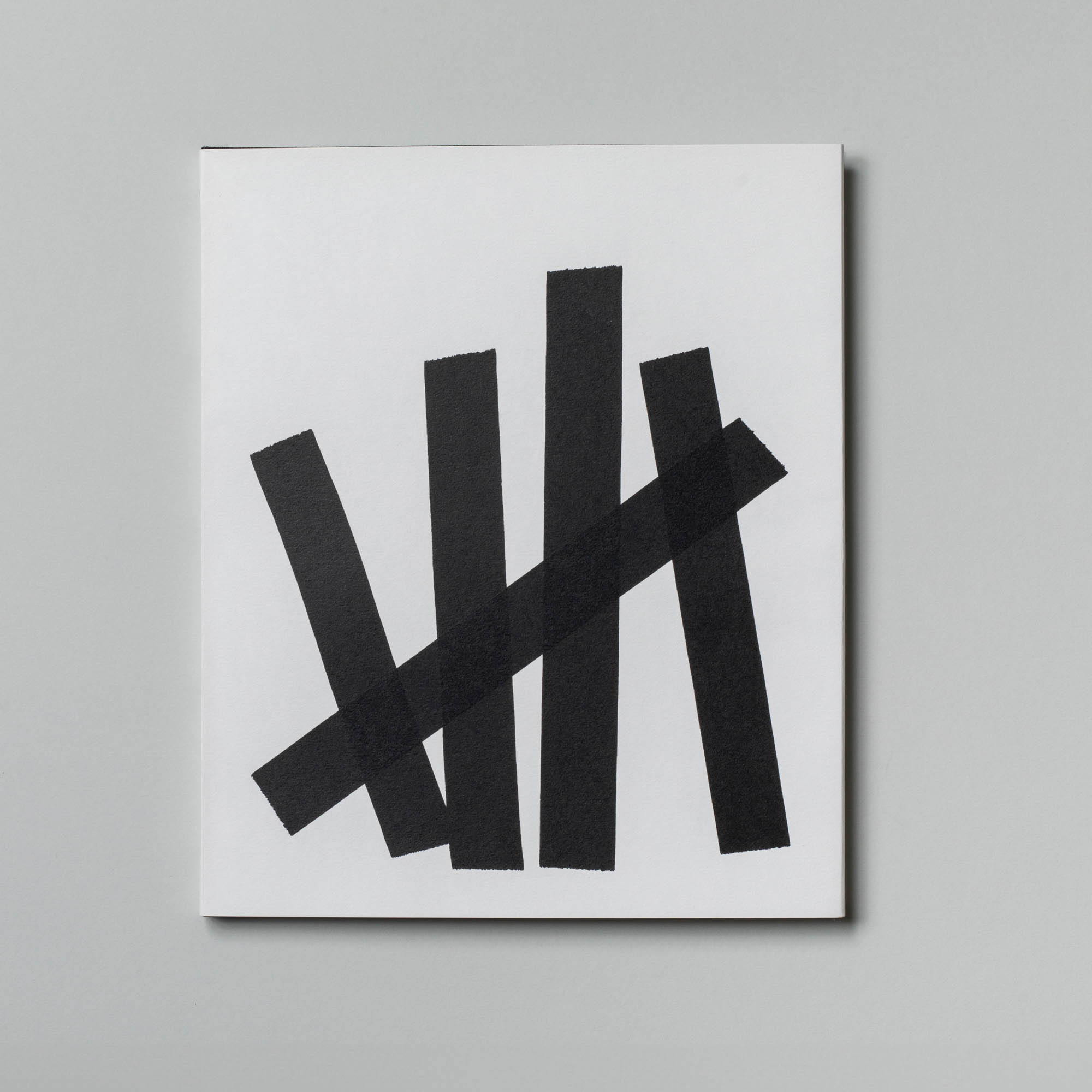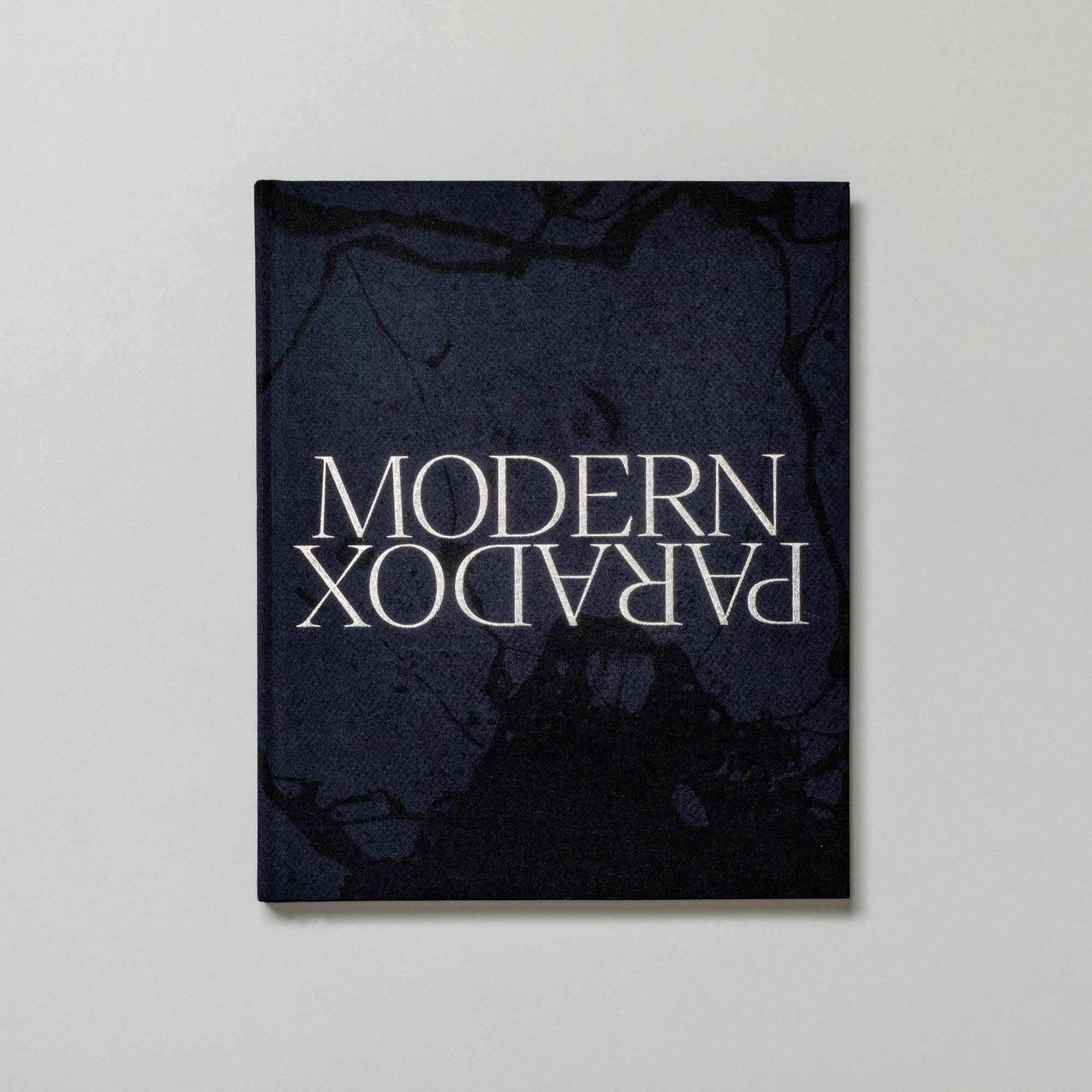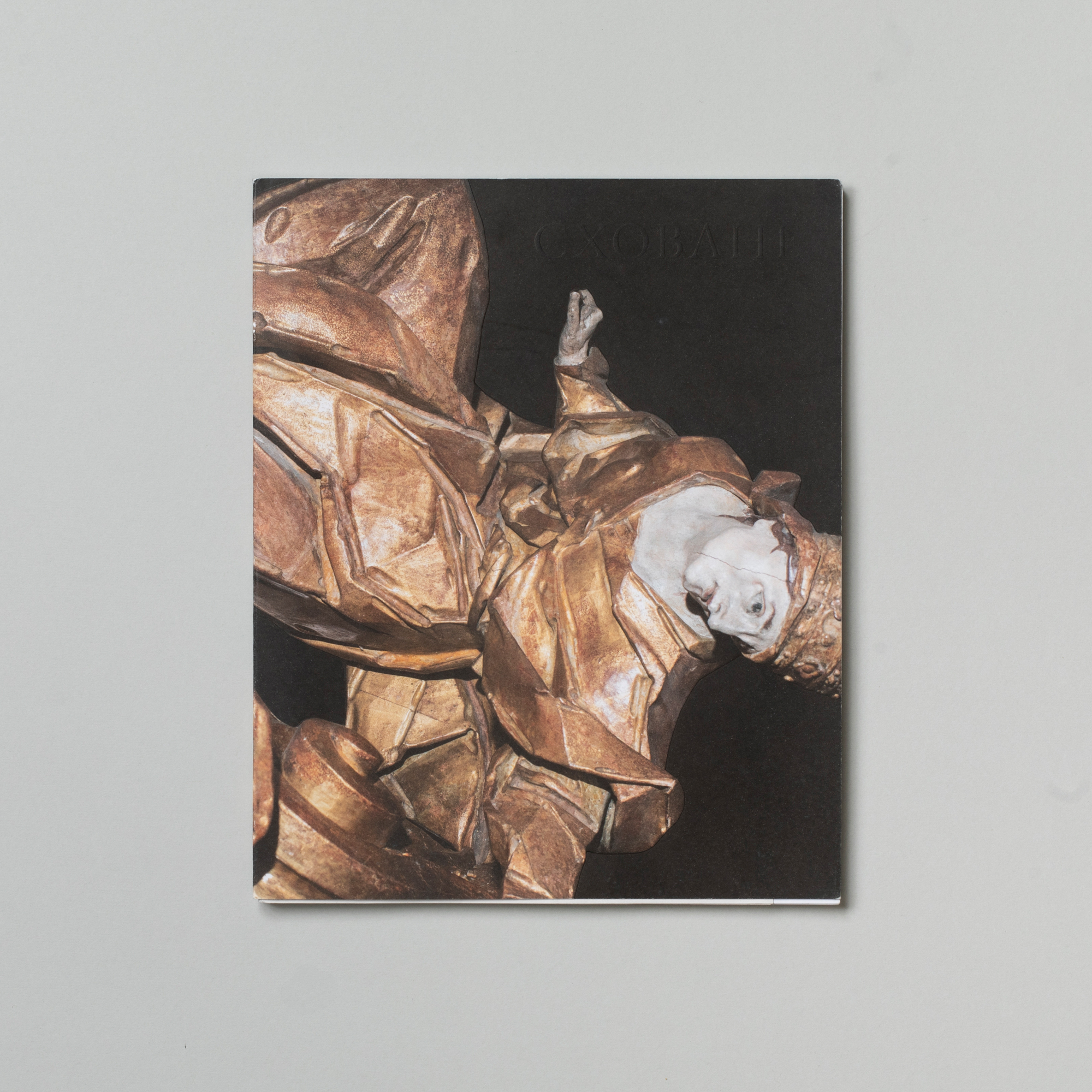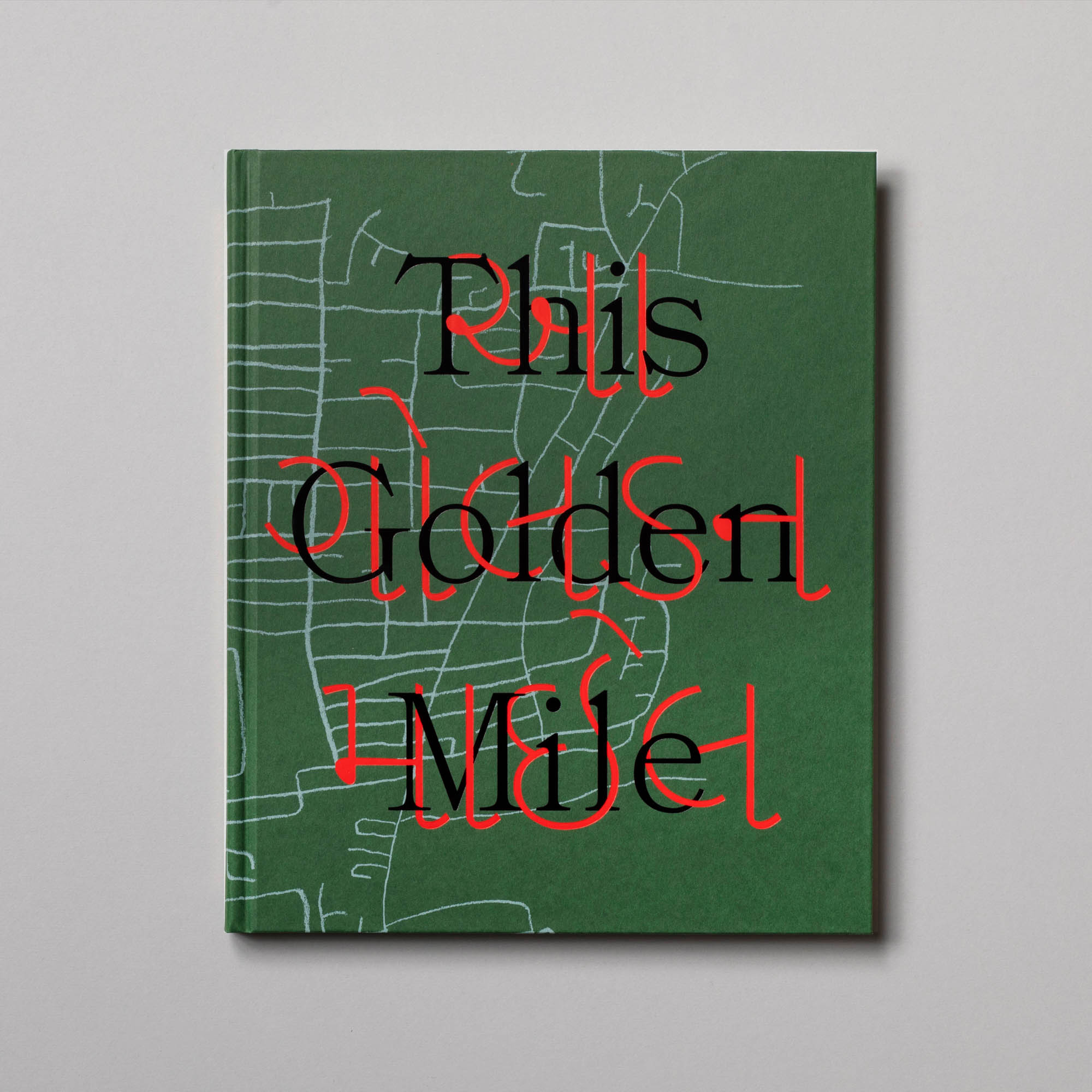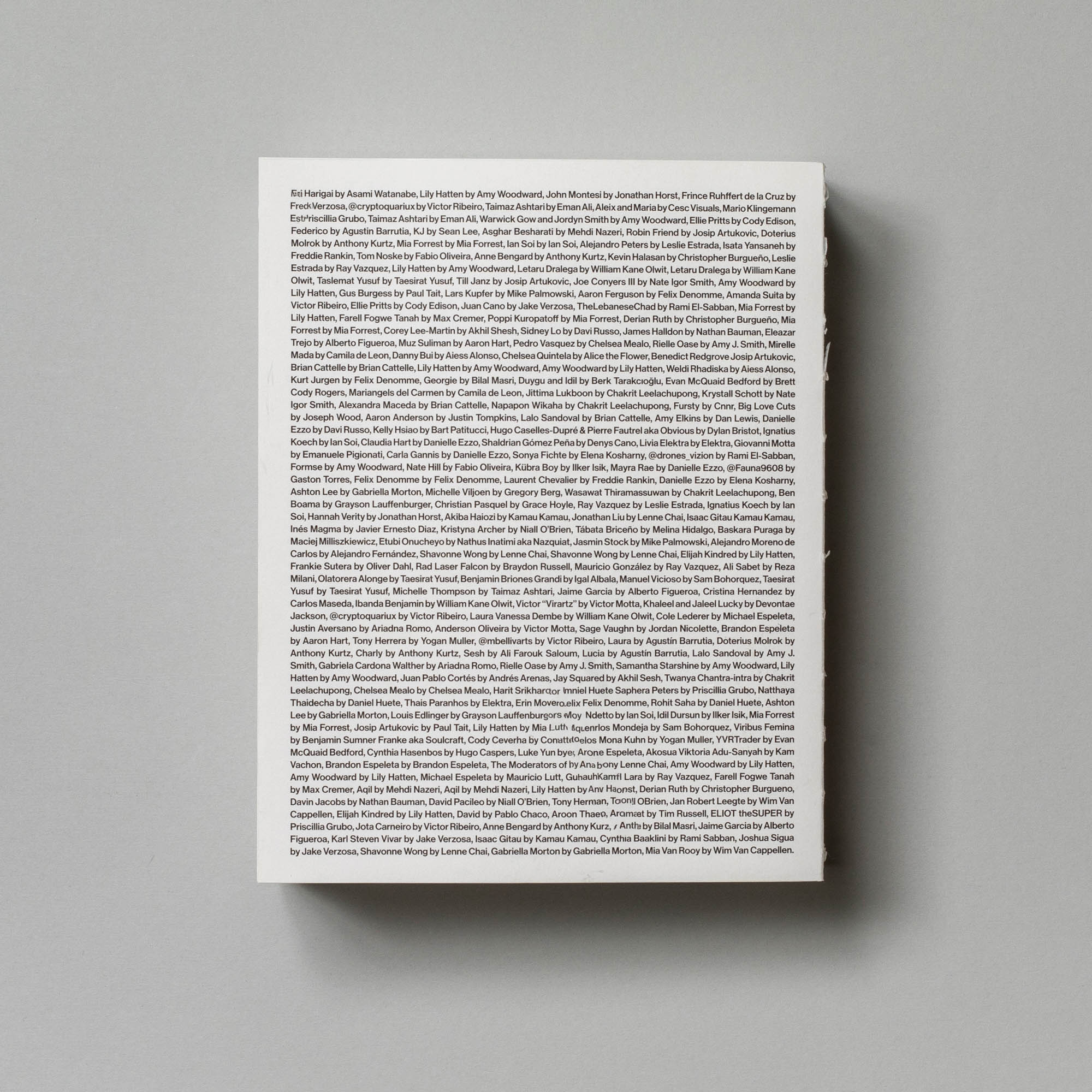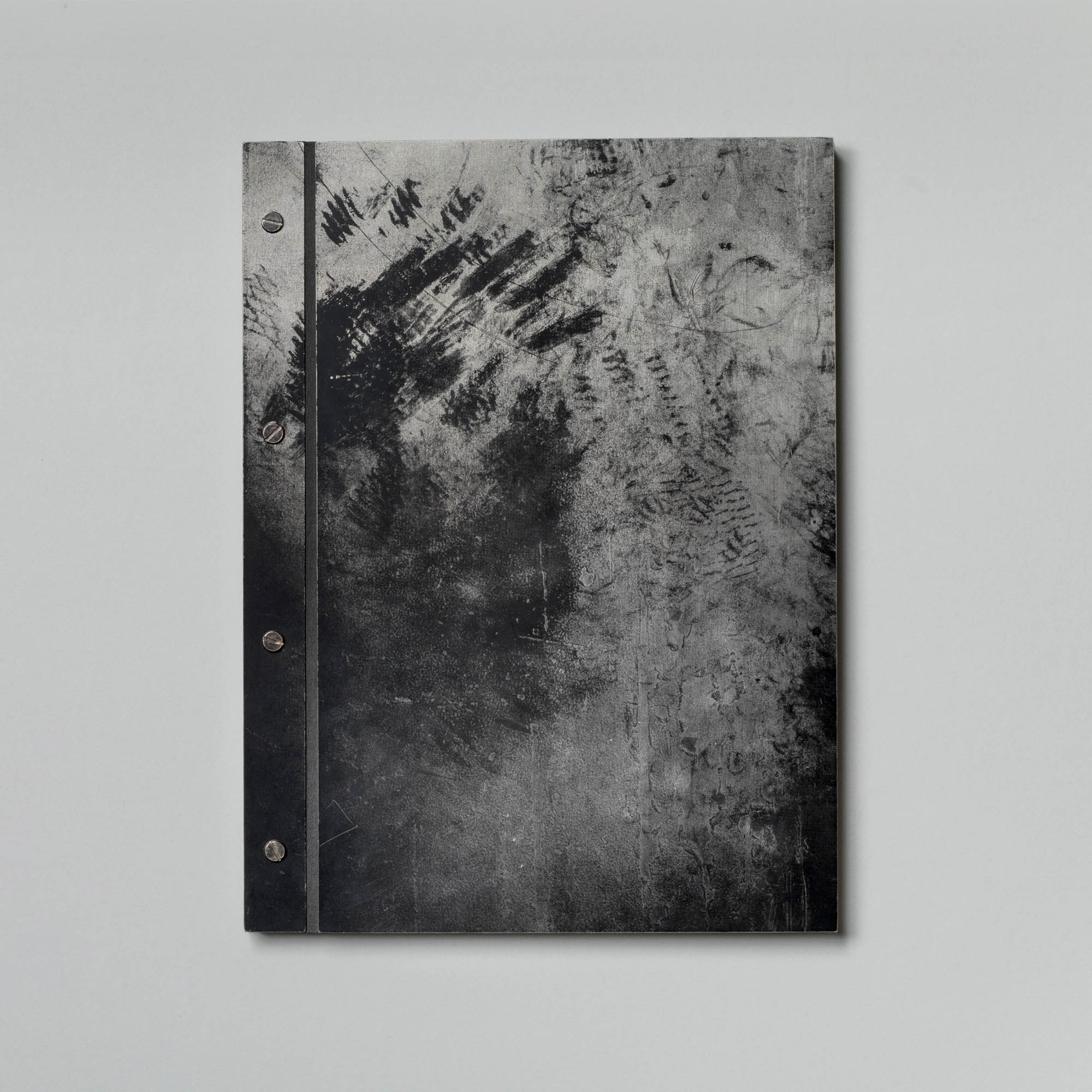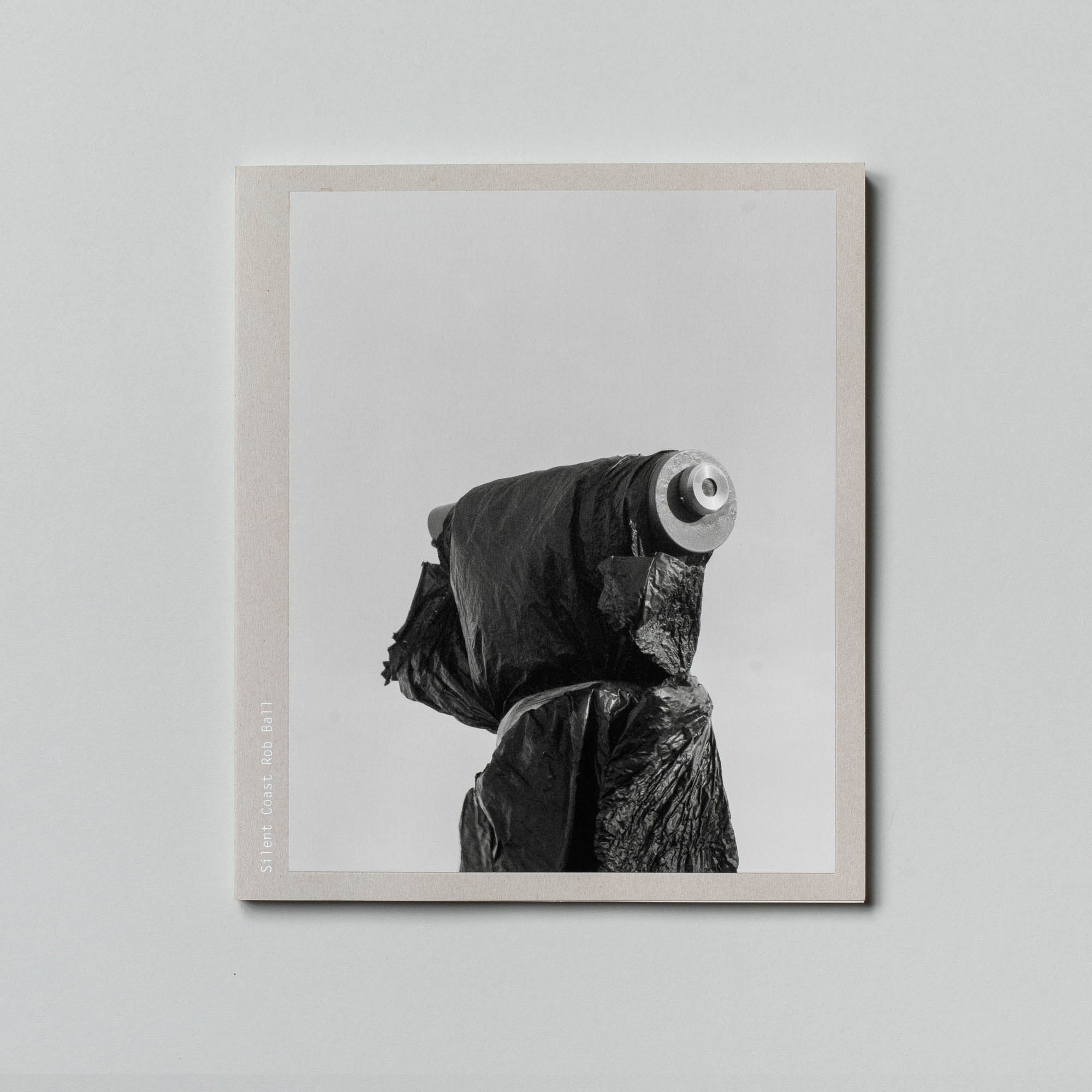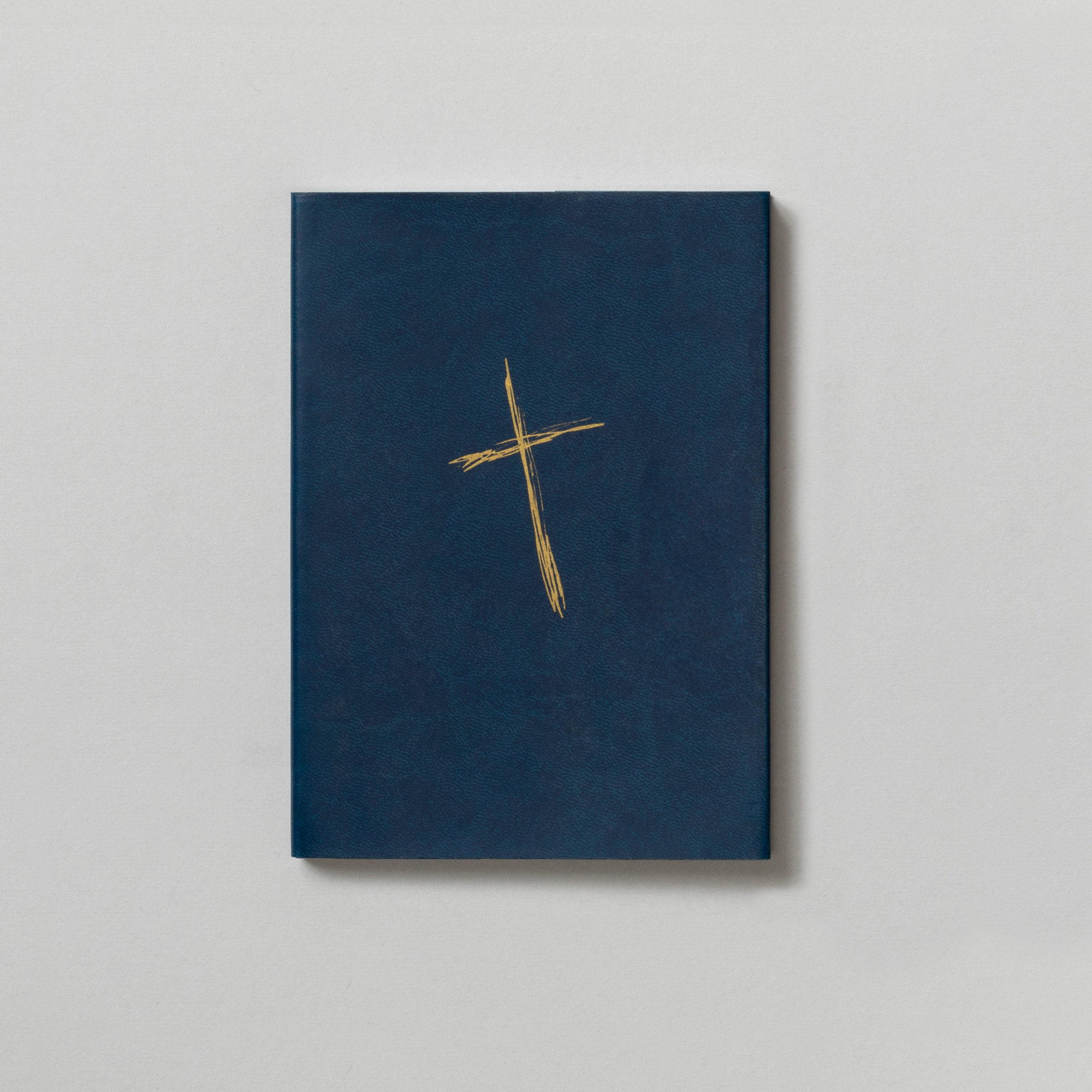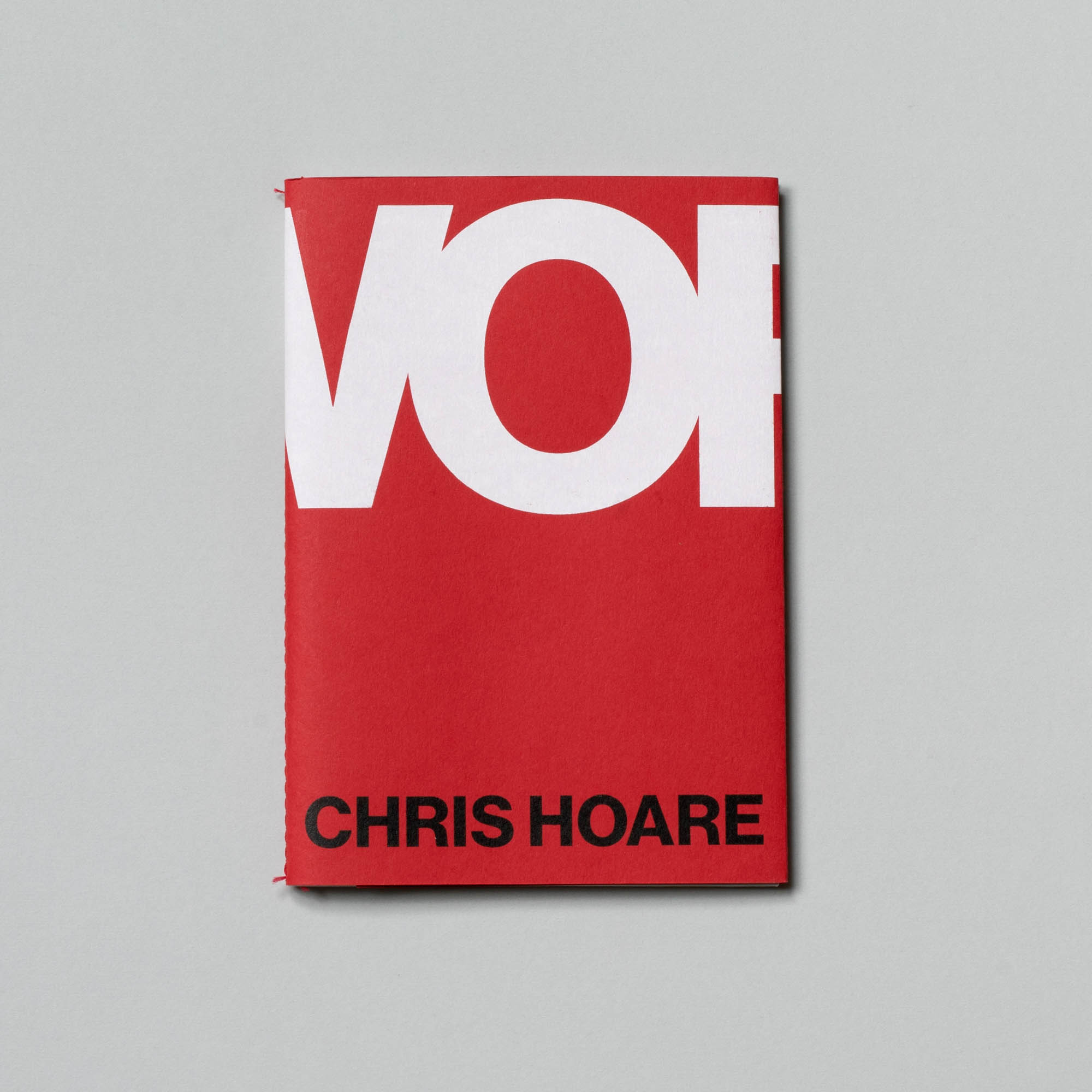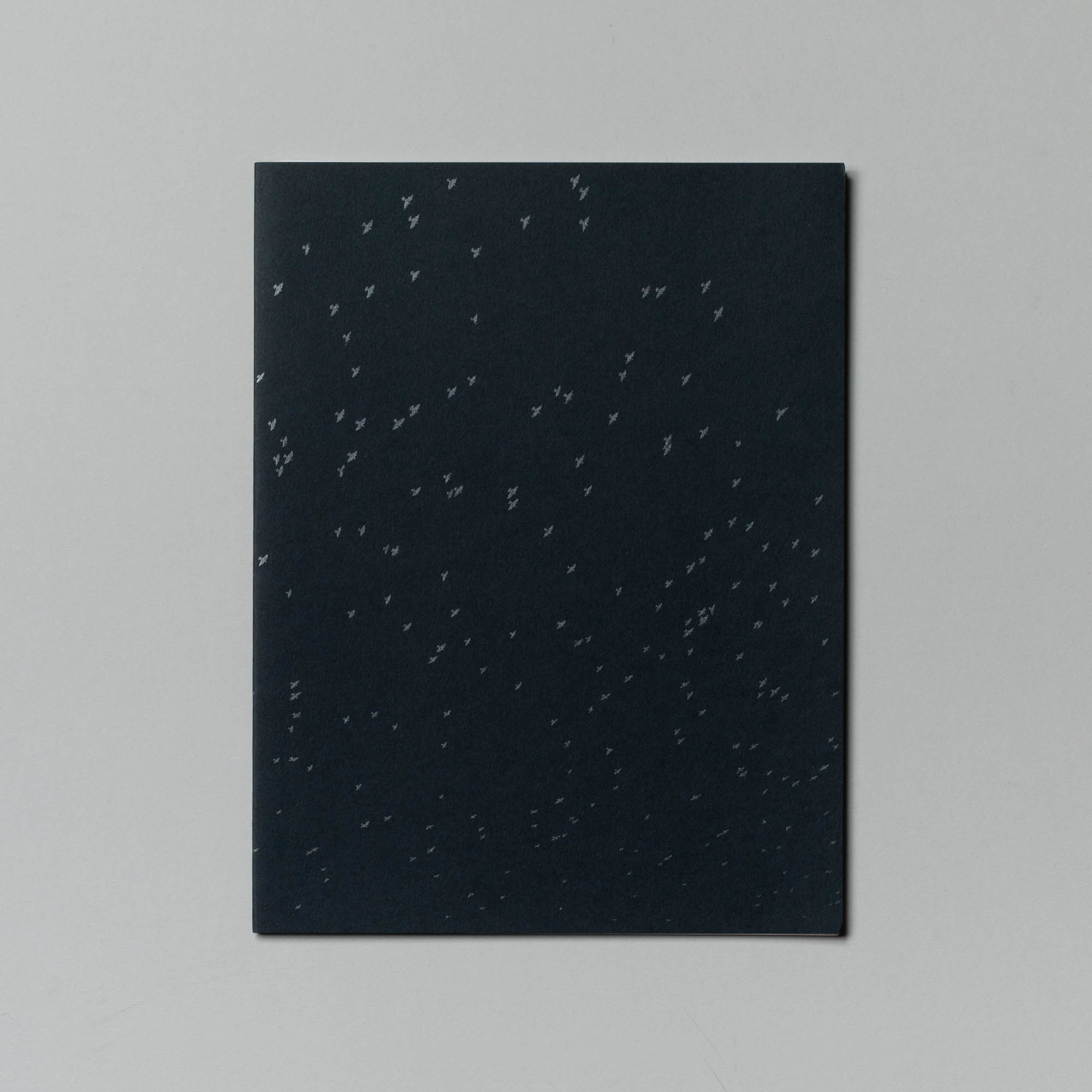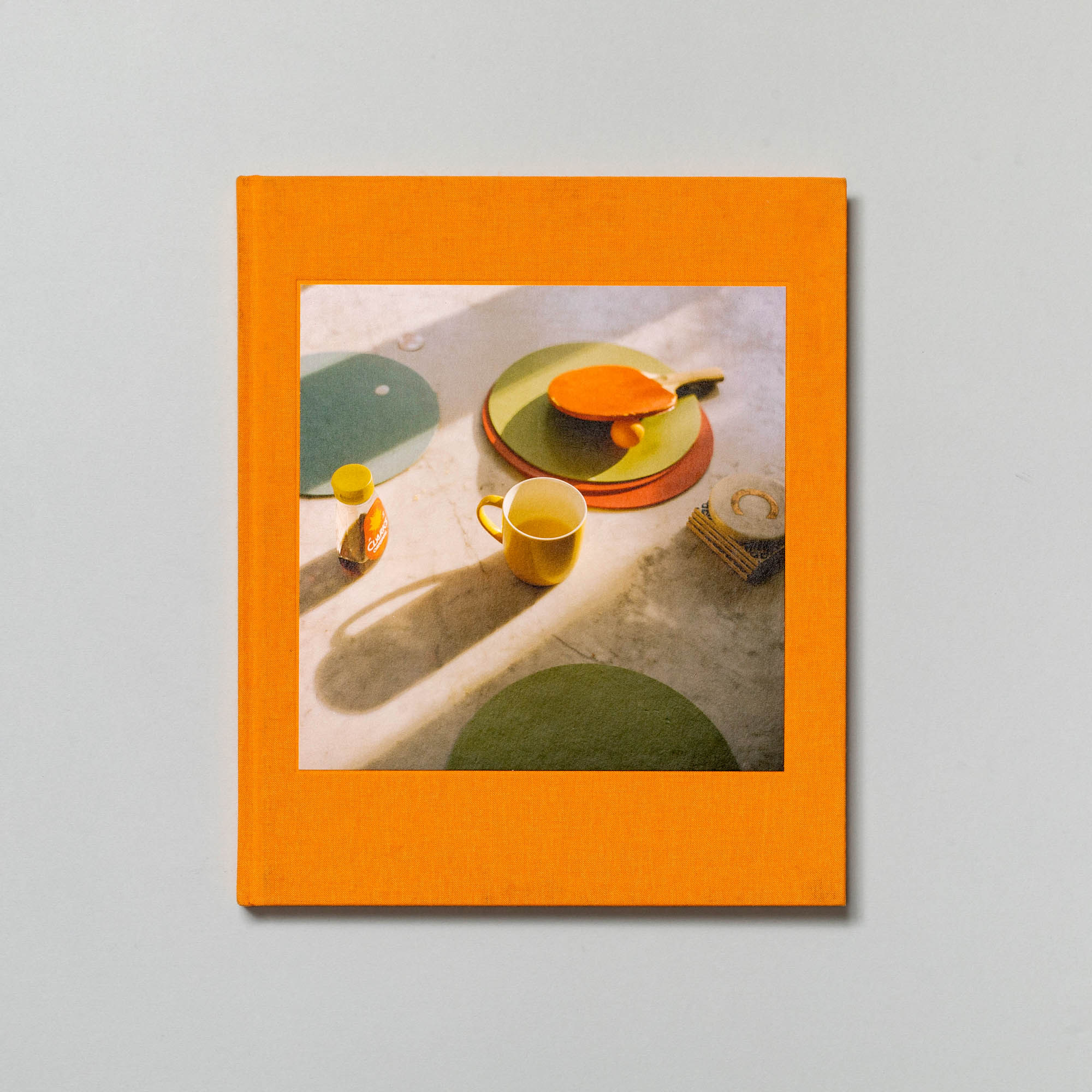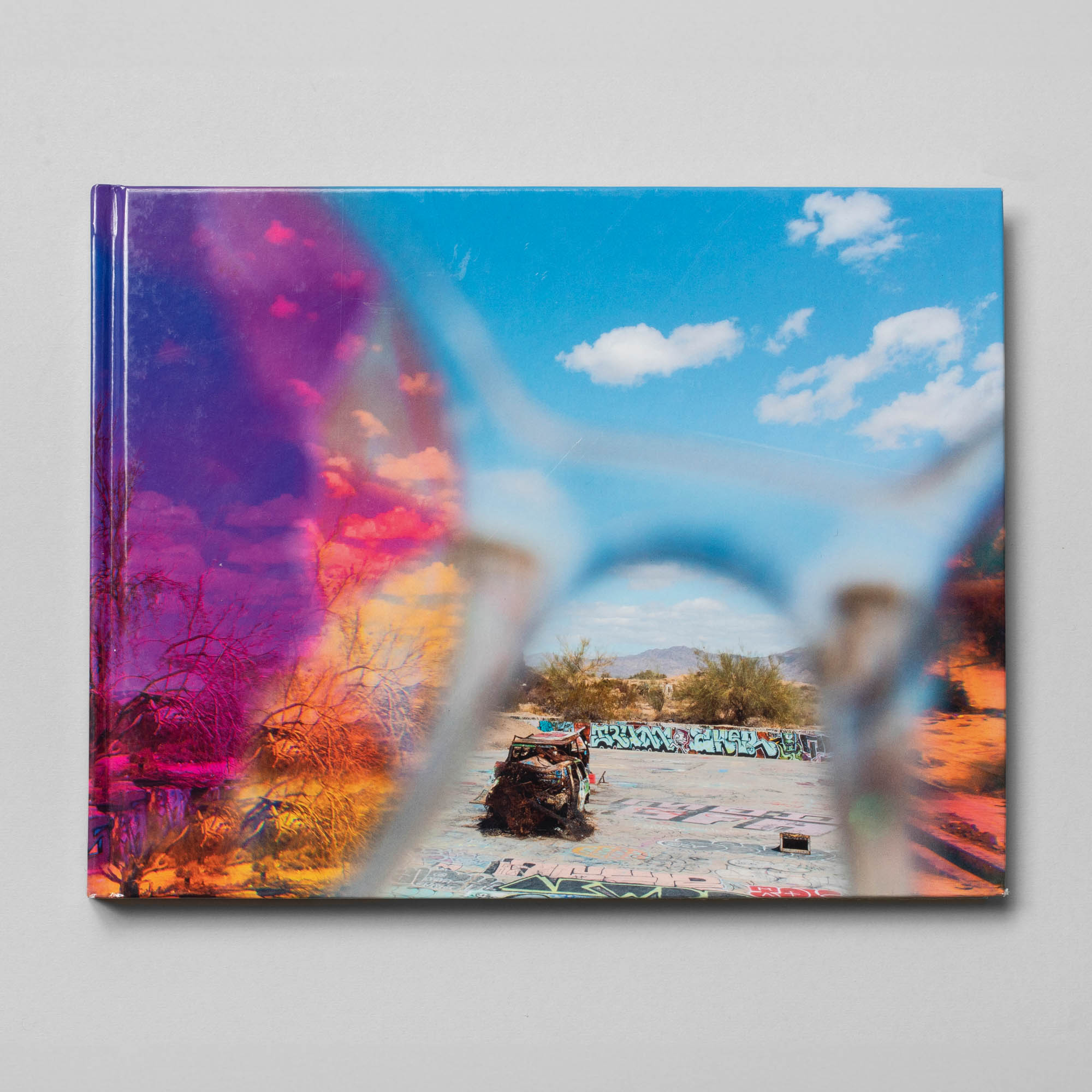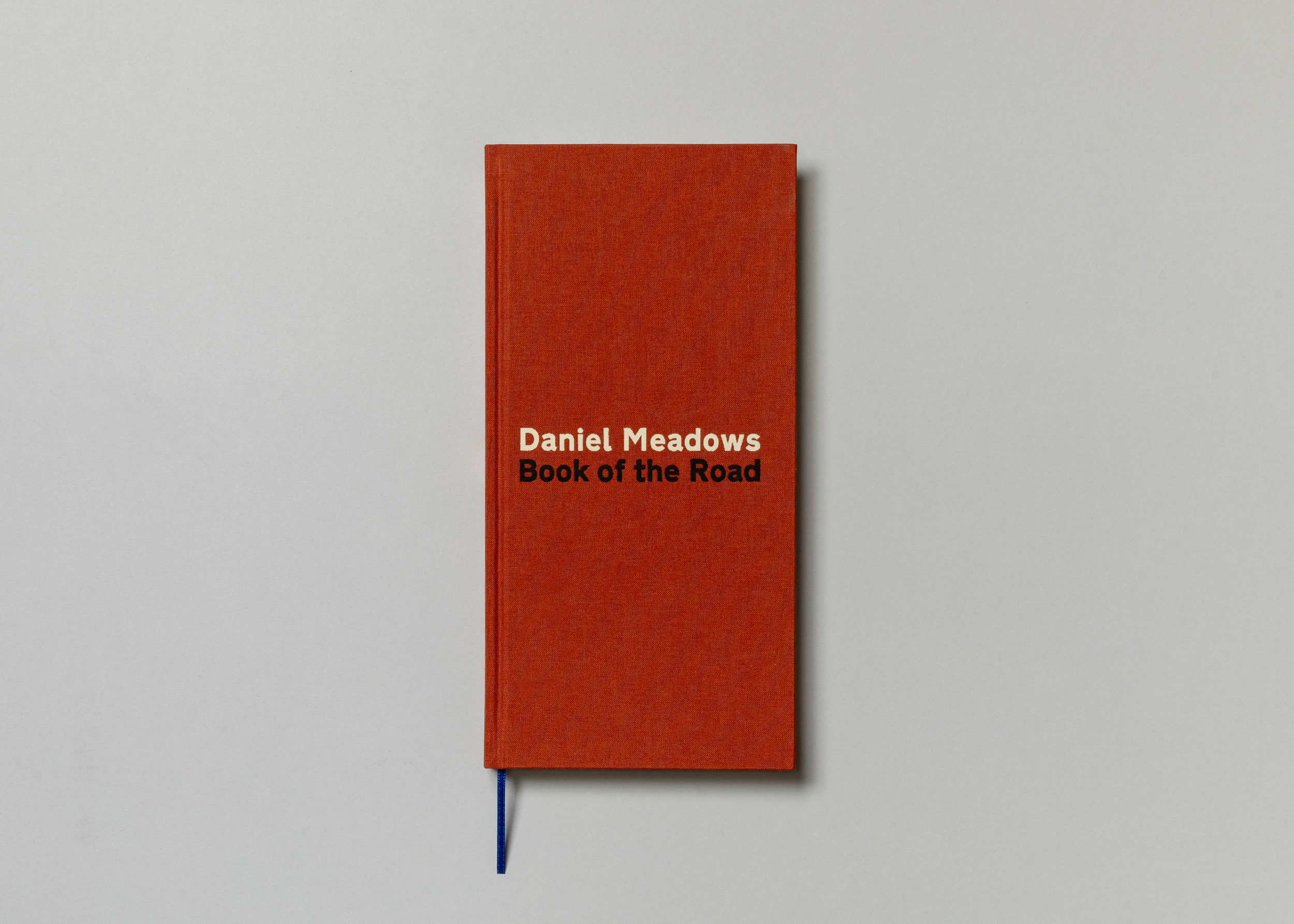
Book of the Road - Daniel Meadows
Book of the Road celebrates the 50th anniversary of Daniel Meadows’ pioneering 1970s documentary project Free Photographic Omnibus.
Driving over 10,000 miles in a double-decker bus, the wild-haired young Meadows spent 14 months mapping the length and breadth of England, photographing 958 people and offering a free print to each of his subjects. Along the way, amongst countless breakdowns, parking tickets and random acts of kindness, he had chance encounters with the likes of Led Zeppelin’s Robert Plant. Meadows’ determination allowed him to assemble all this material into a cartographic census of an evolving nation.
The inspiration for the book came from a road atlas: the 1967 edition of The Reader’s Digest AA Book of the Road – which Tom first saw three years previously. It’s a beautiful object and a very recognisable one which people kept in their car glove boxes during the 1960s. Tom presented Daniel with the idea of copying many of the design elements of the original to make our own, and he was totally onboard.
So, stealing the size and shape of the original atlas was the beginning of pulling Daniel’s photographs into a sequence which chronologically follows his journey in the bus over those 14 months. But unlike other books containing this work, there are countless unseen and unpublished photographs included, which are made more vivid and real by transcribed audio diaries which fill in the gaps between images. They also offer great insights into the mindset of Daniel as a young man on the road, trying to document a population at a time of great change.
Driving over 10,000 miles in a double-decker bus, the wild-haired young Meadows spent 14 months mapping the length and breadth of England, photographing 958 people and offering a free print to each of his subjects. Along the way, amongst countless breakdowns, parking tickets and random acts of kindness, he had chance encounters with the likes of Led Zeppelin’s Robert Plant. Meadows’ determination allowed him to assemble all this material into a cartographic census of an evolving nation.
The inspiration for the book came from a road atlas: the 1967 edition of The Reader’s Digest AA Book of the Road – which Tom first saw three years previously. It’s a beautiful object and a very recognisable one which people kept in their car glove boxes during the 1960s. Tom presented Daniel with the idea of copying many of the design elements of the original to make our own, and he was totally onboard.
So, stealing the size and shape of the original atlas was the beginning of pulling Daniel’s photographs into a sequence which chronologically follows his journey in the bus over those 14 months. But unlike other books containing this work, there are countless unseen and unpublished photographs included, which are made more vivid and real by transcribed audio diaries which fill in the gaps between images. They also offer great insights into the mindset of Daniel as a young man on the road, trying to document a population at a time of great change.
|
Year: 2023
Pubisher: Bluecoat Press
ISBN: 9781908457783
Printer: MAS, Matbaa
Printing: CMYK + Tri-tone
Pages: 220
Images: 160
Paper: Arctic Volume Ivory, Holmen TRND 2.0, Wiablian Natural, Wicotex Brillianta
Fonts: New Transport & Skolar
↓ Full video flick-through below
→ Available to purchase here
In the press:
→ Martin Parr Foundation
→ The Guardian
→ The Sunday Times
→ Black+White Photography
Pubisher: Bluecoat Press
ISBN: 9781908457783
Printer: MAS, Matbaa
Printing: CMYK + Tri-tone
Binding: Case Bound Hardback
Size: 165x290mmPages: 220
Images: 160
Paper: Arctic Volume Ivory, Holmen TRND 2.0, Wiablian Natural, Wicotex Brillianta
Fonts: New Transport & Skolar
↓ Full video flick-through below
→ Available to purchase here
In the press:
→ Martin Parr Foundation
→ The Guardian
→ The Sunday Times
→ Black+White Photography
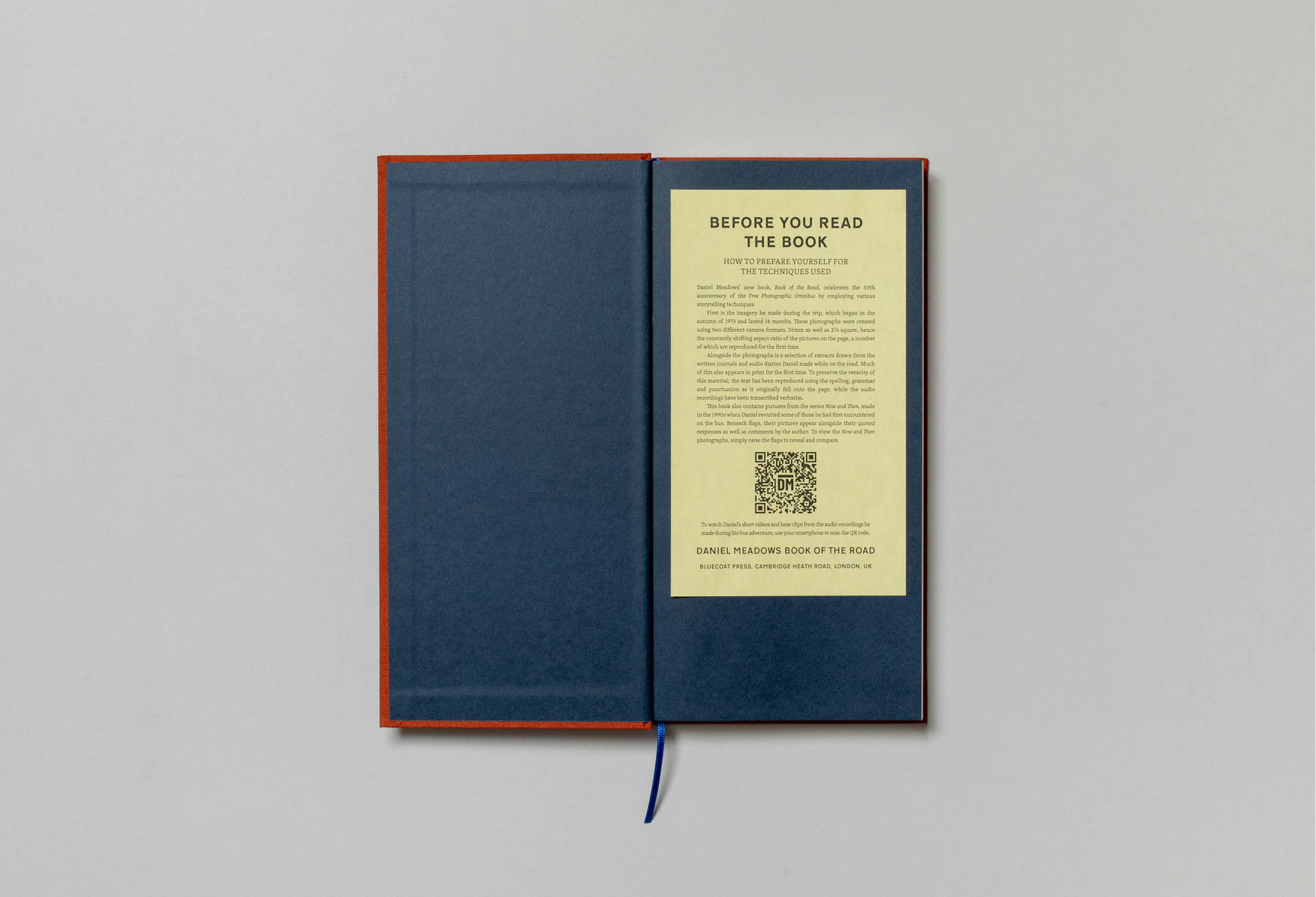
“A redo of Meadows amazing bus portrait journey. Designed like the old fashioned AA Book of the Road road atlas. Book of the Road celebrates the 50th anniversary of Daniel Meadows’ pioneering 1970s documentary project Free Photographic Omnibus. Driving over 10,000 miles in a double-decker bus, the wild-haired young Meadows spent 14 months mapping the length and breadth of England. Beautifully designed by Tom Booth Wooger who is singlehandedly turning Blue Coat around the right corner.”
→ Photobooks of 2023: Matt Stuart
→ Photobooks of 2023: Matt Stuart
“Cleverly designed by Tom Booth Woodger to replicate the size and shape of on old AA road atlas, the book offers an insight into Daniel’s process and the political and social climate of Britain in the 1970s. I’m a big fan of Daniel Meadows and this book celebrates the 50th anniversary of his Free Photographic Omnibus, a highly original project where he travelled the length and breadth of England in a double decker bus, allowing photography to reach the everyday person on the street and creating cultural collaborations.”
→ Photobooks of 2023: Alys Tomlinson
→ Photobooks of 2023: Alys Tomlinson

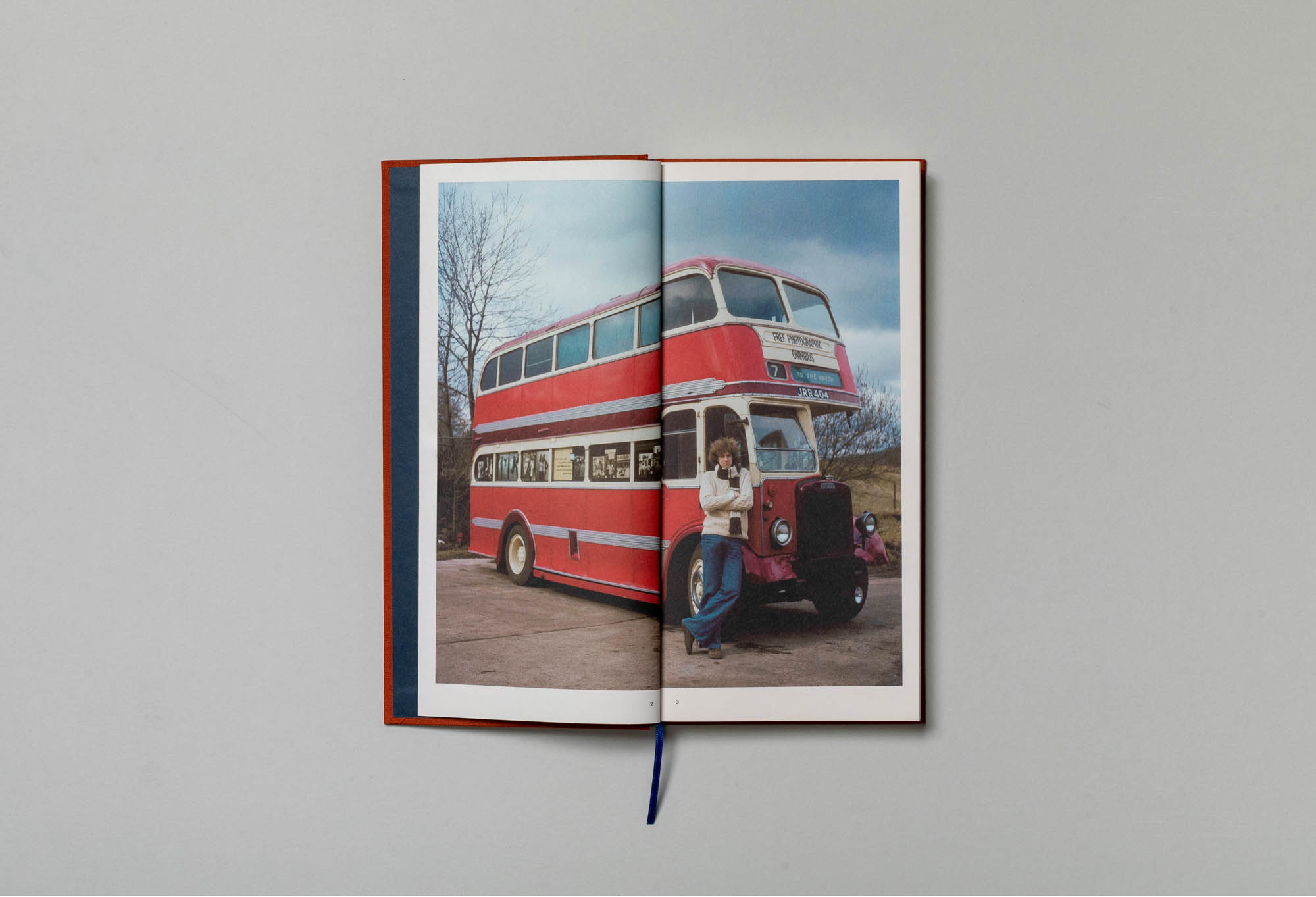


Just 21 years old when he set up The Free Photographic Omnibus, Daniel Meadows is now one of Britain’s greatest documentary photographers. He worked mostly on instinct, and many of his DIY techniques anticipate documentary media’s progress in the following decades. He remembers sewing a tape recorder into an old tweed jacket so that he could photograph while also capturing audio. The original bus – a low-bridge decker from Barton Transport – cost him just £360. Meadows’ subjects collected their free portraits the following day, after he had spent many restless hours developing film and printing in the bus’ makeshift darkroom.
Book of the Road gives readers the stories behind the photographs, from battles with angry parking attendants, nights of acute loneliness and moments of joy. This mix of images, diary entries and audio transcripts offers a unique commentary into the 1970s social climate – as well as Meadows’ mindset during the project. In Southampton in 1974 he met Florence, a part-time cleaner who he remained close with for five decades, eventually speaking at her funeral. “It was one of the great privileges of my life,” Meadows recalls.
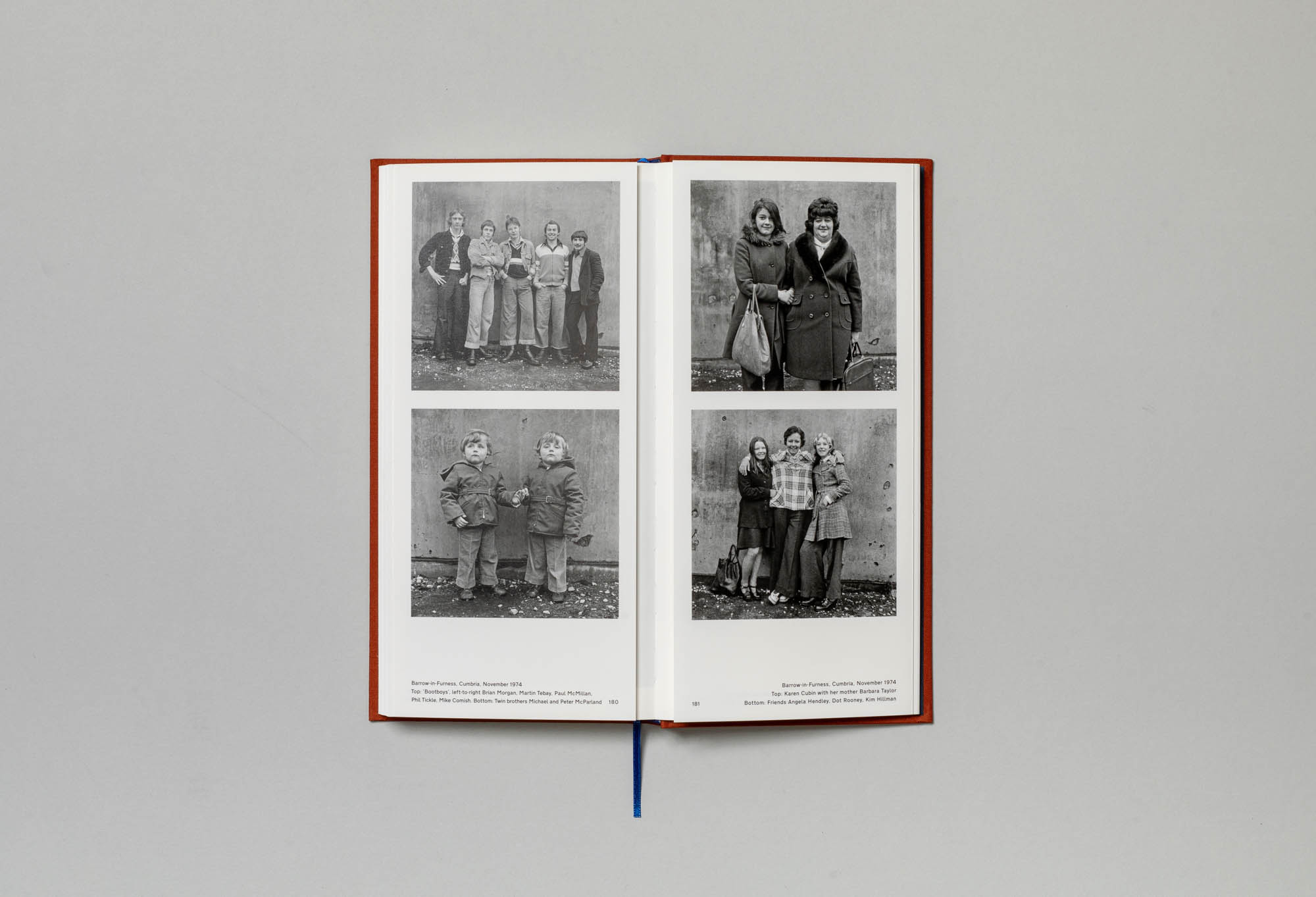

“Fifty years ago, funded
in part by a £100 cheque
from The Sunday Times,
Daniel Meadows drove a
double-decker bus across
Britain, taking the portraits
of more than 950 people
along the way.”
→ The Sunday Times Magazine
→ The Sunday Times Magazine
Magical history tour: all aboard the bus around 1970s Britain- “When Daniel Meadows set off around the country on a rickety doubledecker bus he met fisherman, circus troupes and tattooists. His work remains relevant 50 years on.”
→ The Guardian
→ The Guardian

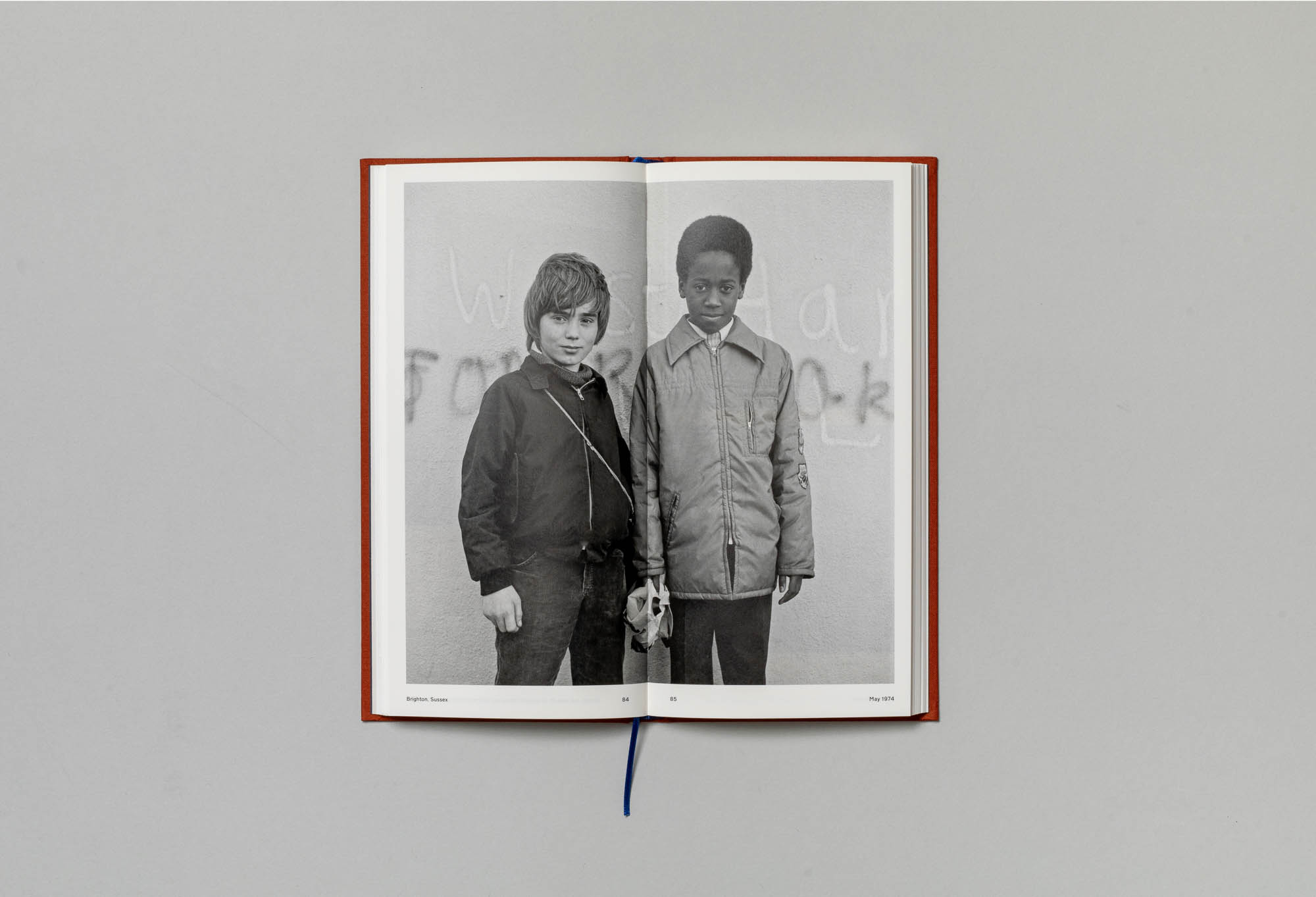
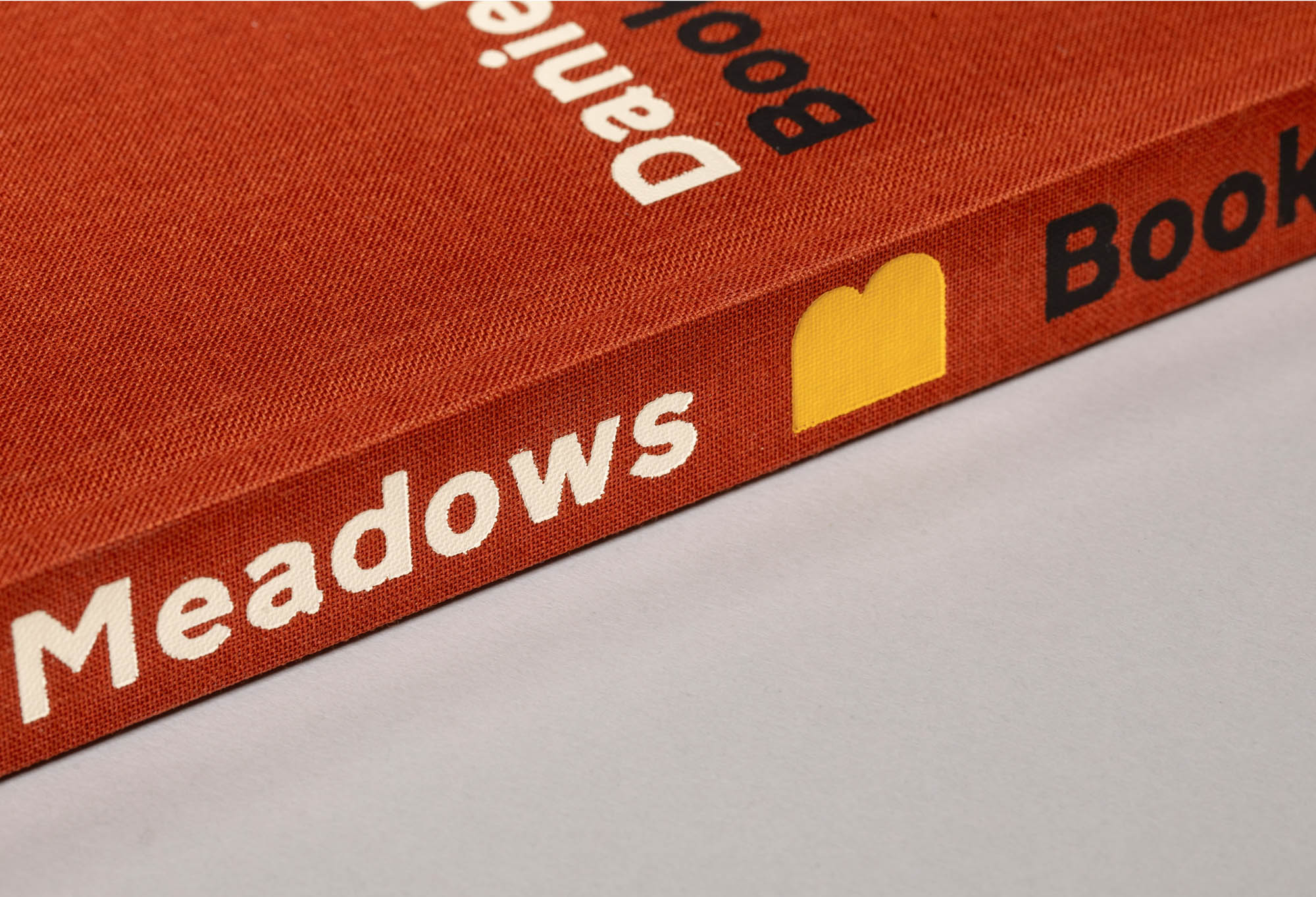

“This country is changing quickly… we might soon forget those interesting relics of the past that are disappearing under the redevelopment of the future.” This future is now here, and Meadows’ pictures remain as relevant as ever. Book of the Road cements The Free Photographic Omnibus as an essential document of 1970s England – an urgent and timeless visual record.
The book offers a survey of English life when modernisation was seeping into everyday values and communities. Cobbled streets in tight-knit parishes and bustling city centres accompany familiar green pastures, but Meadows also takes us behind the curtain at marble competitions, circuses and beauty contests. Throughout, his subjects of all ages and social classes stand proudly for the camera, unaware that they were to become part of history.
